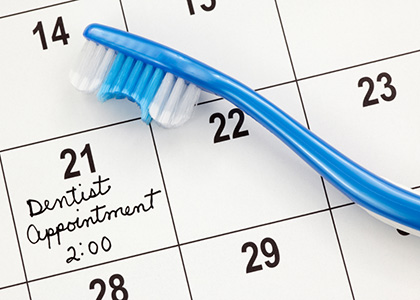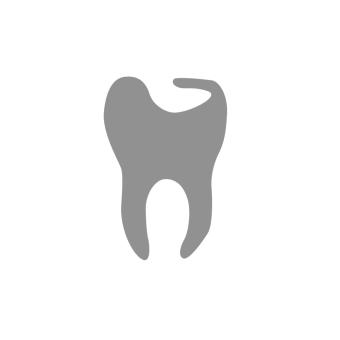What causes gingival bleeding?
Nearly a fifth of the population experiences it on their own, but few turn to a doctor because of bleeding gums. However, a dental treatment started on time can prevent not only tooth loss but also diseases affecting the whole body.
Improper oral care
Surprisingly, our gums can become unhealthy under 36 hours. So if we do not brush our teeth for one and a half days, we risk our gums, they can bleed or get swollen and turn bright red from pink. Dental and oral care is one of the simplest things we can do for our health. Daily brushing is the minimum, but it is also advisable to use mouthwash and regularly clean the area between the teeth with dental floss.
Unhealthy foods
A properly formulated diet rich in vitamins and minerals, mainly fruits and vegetables, is essential for healthy gums - this is one of the first places we can experience the disadvantages of an unhealthy diet. One of the root causes of gum bleeding is vitamin deficiency.
Smoking
According to surveys, smokers are much more susceptible to gum disease because the toxins in cigarettes have a devastating effect on the gums. Smoking can cause the gums to thicken, enlarge, and lack nutrients. Bleeding tendons are also associated with bacterial infections, which can even more severely affect ulcerative gums, and endanger the health of the entire body when they enter the bloodstream.
Vitamin deficiencies
Lack of certain vitamins, such as vitamins C and K, can also be a cause of gum bleeding.
Genetics
If gum disease has already occurred in our family (and it affects one of three people), then we need to focus more than usual on maintaining the health of our gums.
Organ Diseases:
Liver, kidney, arterial or capillary problems, diabetes or heart problems can also cause gum bleeding.
Medicines
Some of the side effects of some medicines include enlargement of the gums, thickening of the gums, or even a reduction in saliva production. All of these can contribute to the multiplication of pathogens and the development of gum disease. Be sure to read the information on the medications you are taking, and if you are more prone to gum disease, consult your doctor to determine if changing your medication may be a solution.
Irregular teeth
Surprisingly, if our teeth are not standing properly and our bite is too deep or too high, we are more likely to develop gum disease sooner or later. Disproportionate pressure on the teeth also affects the gum, making it more susceptible to bacterial infections.
Tooth loss and heart disease can also be caused by gingivitis
It is important to be aware that with persistent recurrent gingivitis not only increases the risk of tooth loss but also diseases such as dementia, heart disease, joint problems or erectile dysfunction. According to the person skilled in the art, the solution is based on oral hygiene, which consists of thorough brushing of the teeth at least twice a day for at least two minutes, as well as cleaning of the gaps between the teeth. The dentist can even use medical solutions to curb the inflammation that has already developed and its possible serious consequences.
Please share this information with your family members and friends, Thank you





















